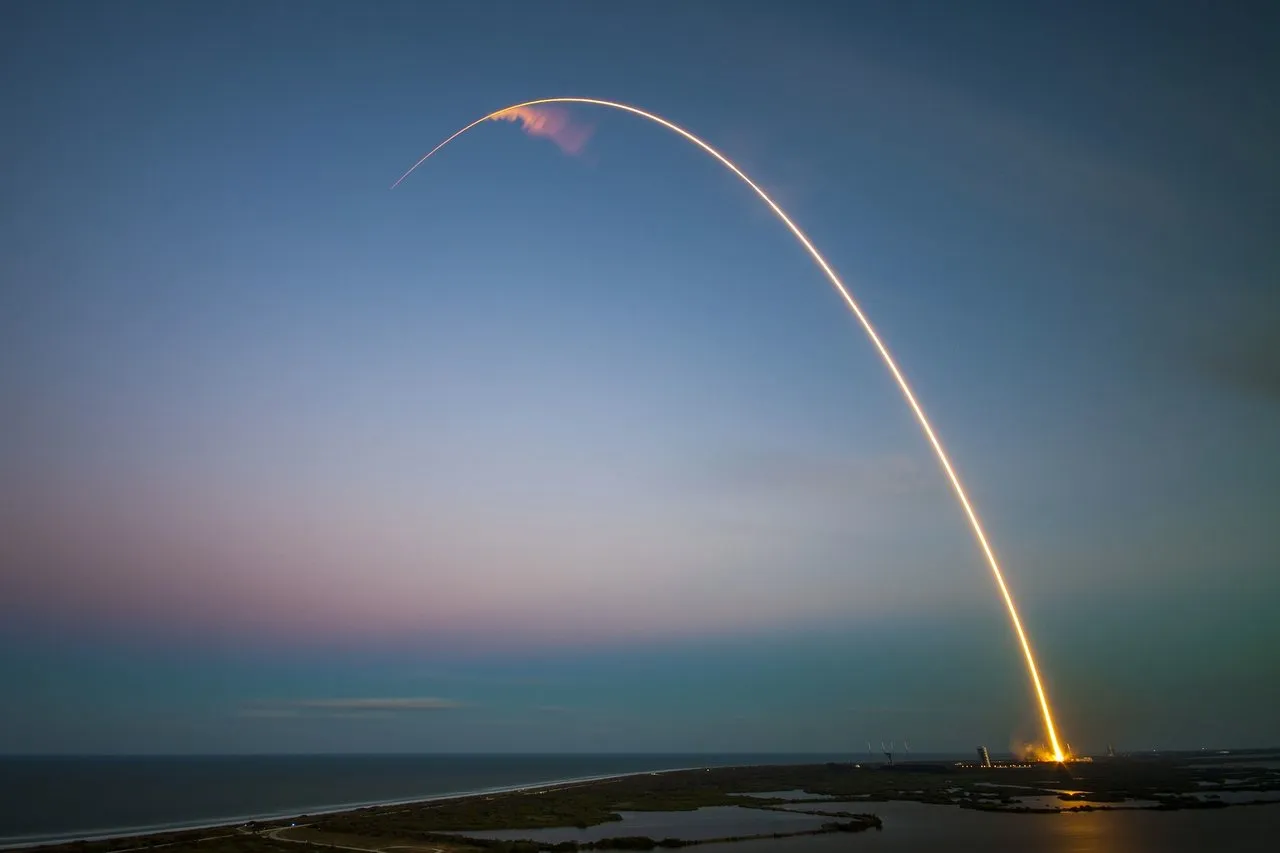

Text in English will Follow
A prima vista i numerosi lockdown globali degli anni 2020 e 2021 sembrerebbero aver apportato un grande rallentamento un po' in tutti i settori. Vediamo invece che per quanto riguarda l'accesso privato allo spazio questo non si è verificato.
La prima a stupire è stata ENAC, l'ente italiano per l'aviazione civile, che ha preparato uno splendido regolamento sulla costruzione e l'esercizio degli spazioporti: link https://www.enac.gov.it/la-normativa/normativa-enac/regolamenti/regolamenti-ad-hoc/regolamento-per-la-costruzione-lesercizio-degli-spazioporti: sappiamo che il primo in Italia sarà a Taranto, presso l'aeroporto di Grottaglie, il cui fil rouge che lega sommergibili, dirigibili e ora anche spazioplani è piuttosto evidente per gli addetti ai lavori.
Il sistema tarantino sarà legato alle operazioni di lancio di aerei a razzo: questi aeromobili vengono portati in quota da velivoli da trasporto e poi sganciati così da continuare un volo autonomo fino a quote in prossimità della linea di von Karman, situata a 100 km di altitudine.
[Nota: la linea di Karman è convenzionalmente il confine tra il volo aerodinamico e quello orbitale: al di sopra di essa, localizzabile nella termosfera, la densità dell'aria è così bassa da far prevalere le condizioni di equilibrio tra forza centrifuga e peso (ovvero quelle dei voli orbitali e suborbitali) rispetto a quelle tra portanza e peso tipiche degli aeromobili atmosferici.]
Sembrerebbe proprio che il sistema preso in esame sia quello utilizzato da Virgin Galactic, la compagnia di voli spaziali di sir Richard Branson.
Questa azienda vuole infatti permettere a tutti, dopo l'acquisto di un biglietto che ad oggi è del valore di alcune centinaia di migliaia di dollari, la possibilità di volare nello spazio.
Sarà proprio Sir Branson, già detentore di numerosi record per operazioni di volo con palloni aerostatici, a volare a bordo del suo sistema insieme ad altri membri di equipaggi,o anche se non da Taranto ma dall' America Spaceport nel Nuovo Messico. Il volo è previsto per il prossimo 11 luglio 2021.
Alcuni giorni dopo, per la precisione il 20 luglio 2021, sarà invece la volta di Jeff Bezos, il fondatore di Amazon, che volerà oltre la linea di von Karman sul razzo New Sheperd della sua azienda Blue Origin. Il lancio è previsto dal Texas occidentale e, insieme all'imprenditore ed a suo fratello, a bordo ci saranno anche un misterioso acquirente che si è aggiudicato il posto a bordo ad un'asta per 28 milioni di dollari e Wally Funk, una pilota che ha partecipato decine di anni fa ad un programma femminile della NASA mai contestualizzato in un lancio e che ha successivamente intrapreso il servizio come Ispettore di Volo per l'ente federale aeronautico americano. Non crediamo di offendere nessuno nell'affermare che oggi la Signora Funk ha 82 anni.
Le ricadute di questi eventi sono incredibili: oggi è possibile volare privatamente nello spazio, anche se i costi sono alti e i posti limitati. Ricordiamo però che l'aviazione è nata come un passatempo per gentiluomini della belle époque e poi si è evoluta fino ad oggi in un sistema di trasporto di massa ben diverso da quello esclusivo a cui tutti puntavano alle origini.
Tra non molti anni avremo sicuramente voli suborbitali automatici per collegare velocemente varie località sul nostro Pianeta. Probabilmente questa sarà la business aviation del prossimo futuro.
Mobilità verticale nelle città con i droni e collegamenti suborbitali: chi segue lo sviluppo della Personal Aviation sa che è su questo che bisogna puntare.

At first glance, the numerous global lockdowns of the years 2020 and 2021 would seem to have brought a big slowdown in all industries. We see instead that, as regards the private access to the space, this has fortunately not happened.
The first to surprise was ENAC, the Italian civil aviation Authority, which prepared a gorgeous regulation on the construction and operation of spaceports: link https://www.enac.gov.it/la-normativa/ enac-legislation / regulations / ad-hoc-regulations / regulation-for-the-construction-and-operation-of-spaceports: we know that the first in Italy will be in Taranto, at the Grottaglie airport, whose fil rouge that binds submarines , airships and now also spaceplanes is quite evident for the insiders.
The Taranto system will be linked to rocket planes launch operations: these aircraft are brought to altitude by transport airplanes and then unhooked so as to continue an autonomous flight, up to altitudes near the von Karman line, located at 100 km altitude.
[Note: the Karman line is conventionally the boundary between aerodynamic and orbital flight: above it, located in the thermosphere, the density of the air is so low that the conditions of balance between centrifugal force and weight prevail (i.e. those of orbital and suborbital flights) compared to those between lift and weight typical of atmospheric aircraft.]
It would seem that the system under consideration is the one used by Virgin Galactic, the space flight company of Sir Richard Branson.
This company wants to allow everyone, after the purchase of a ticket that is currently worth a few hundred thousand dollars, the opportunity to fly into space.
It will be Sir Branson, already holder of numerous records for flight operations with balloons, to fly aboard his system together with other crew members, even if not from Taranto but from America Spaceport in New Mexico. The flight is scheduled for 11 July 2021.
A few days later, on July 20, 2021 to be precise, it will be the turn of Jeff Bezos, the founder of Amazon, who will fly over the von Karman line on the New Sheperd rocket of his company Blue Origin. The launch is scheduled from West Texas and, together with the entrepreneur and his brother, there will also be a mysterious buyer, who has won his seat on board at an auction for 28 million dollars and Wally Funk: She participated decades ago in a NASA women's program that never ended in a launch; she subsequently took up the service as a Flight Inspector for the US federal aviation administration. Ms. Funk is now 82.
The benefits of these events are incredible: today it is possible to fly privately in space, even if the costs are high and seats are limited. Let us remember, however, that aviation was born as a pastime for gentlemen of the belle époque and then has evolved to this day into a mass transport system very different from the exclusive one that pioneers was aiming for at the beginning.
In a few years we will surely have automatic suborbital flights to quickly connect various locations on our planet. This will probably be the business aviation of the near future.
Vertical mobility in cities with drones and suborbital connections: those who follow the development of Personal Aviation know that this is what we must focus on.